
Hamlet After Q1: An Uncanny History of the Shakespearean Text
Book
In 1823, Sir Henry Bunbury discovered a badly bound volume of twelve Shakespeare plays in a closet...
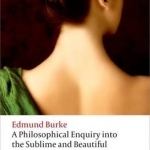
A Philosophical Enquiry into the Origin of Our Ideas of the Sublime and the Beautiful
Book
'Pain and pleasure are simple ideas, incapable of definition.' In 1757 the 27-year-old Edmund Burke...
Contemporary Central American Fiction: Gender, Subjectivity and Affect
Book
This book is a series of original, critical meditations on short stories and novels from Central...
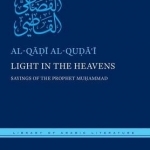
Light in the Heavens: Sayings of the Prophet Muhammad
Al-Qudai Al-Qadi and Tahera Qutbuddin
Book
The words of Muhammad (d. 11 H/632 AD), God's messenger and prophet of Islam, have a special place...
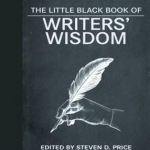
The Little Black Book of Writers' Wisdom
Book
Author and journalist Gene Fowler put it best: "Writing is easy; all you do is sit staring at a...
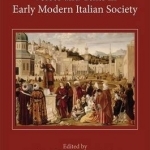
Voices and Texts in Early Modern Italian Society
Brian Richardson, Stefano Dall'Aglio and Massimo Rospocher
Book
This book studies the uses of orality in Italian society, across all classes, from the fifteenth to...
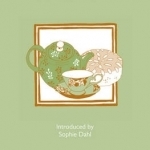
Ten Poems About Tea
Thomas Hardy, Lorraine Mariner, Sophie Dahl and Jill Perry
Book
Ten Poems about Tea has a fabulous introduction by Sophie Dahl (PG with milk, no sugar) and was the...
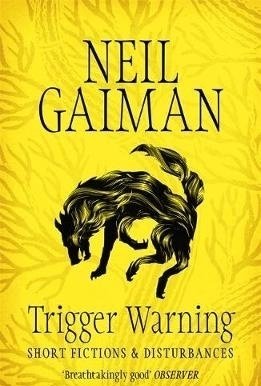
Trigger Warning: Short Fictions and Disturbances
Book
In Trigger Warning, global phenomenon and Sunday Times bestselling author Neil Gaiman returns to...
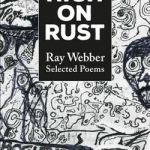
High on Rust: Selected Poems
Ray Webber and Steve Bush
Book
Ray Webber's remarkable poems speak in a unique voice. It's one that challenges, amuses, inspires...
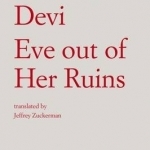
Eve Out of Her Ruins
Book
With brutal honesty and poetic urgency, Ananda Devi relates the tale of four young Mauritians...
